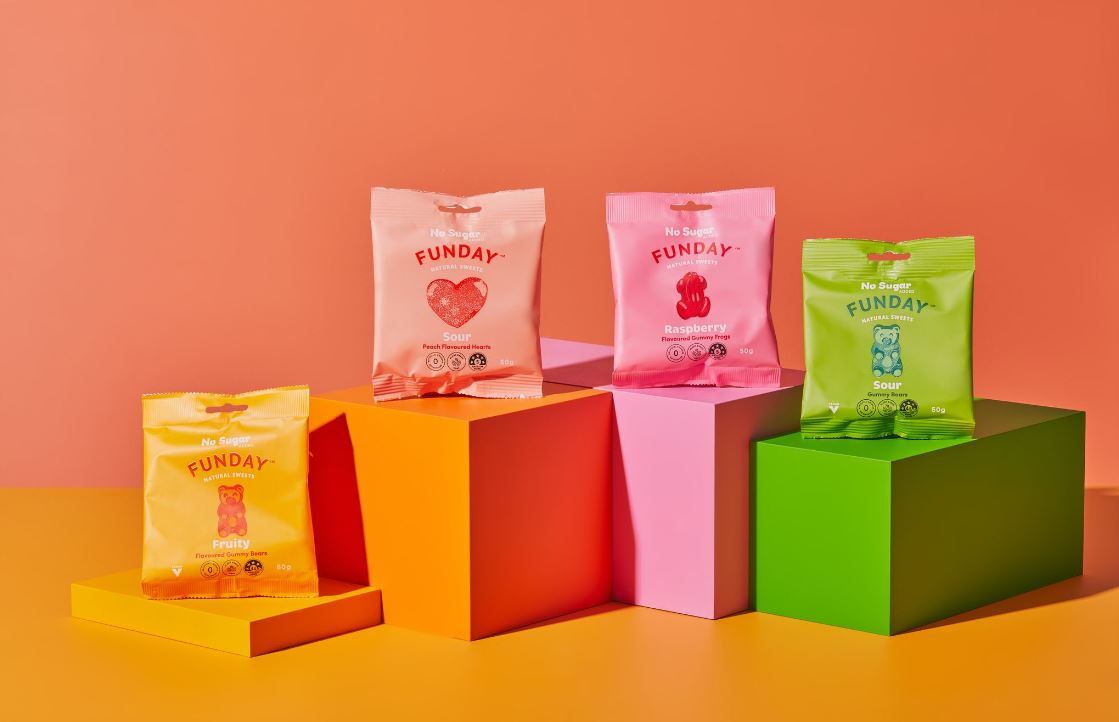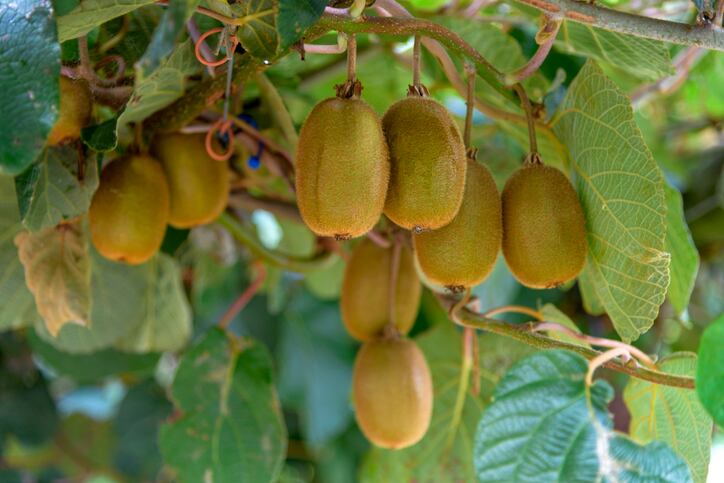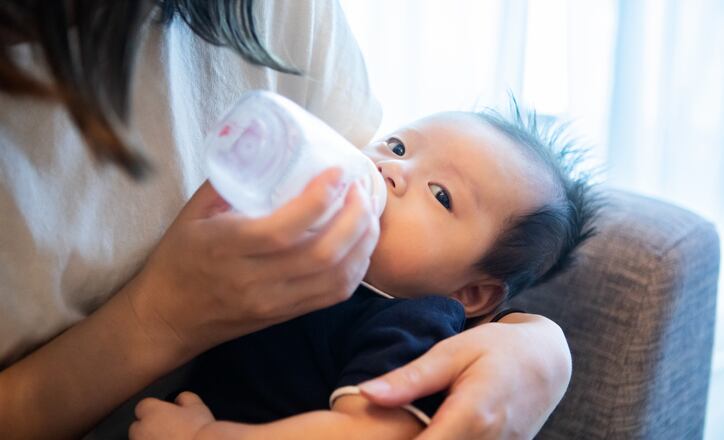The prebiotic used in the trial is from 1) kūmara (sweet potato) powder – which is rich in dietary fibre and resistant starch and 2) resistant starch from green bananas.
The trial is funded by New Zealand’s High-Value Nutrition National Science Challenge (NZHVN).
Lead researcher, Professor Clare Wall from the University of Auckland’s Faculty of Medical and Health Sciences, said that the complementary feeding period was a great opportunity to introduce foods that optimise a baby’s health.
“Babies are born with hardly any gut bacteria. Their gut microbiome develops during their first months of life, influenced by their mode of birth delivery, milk feeding and environment.
“Few studies have looked at how the introduction of solids along with continued milk feeding impacts this development, and the complementary feeding period is a great opportunity to introduce foods that optimise a baby’s health,” said Prof Wall.
She told NutraIngredients-Asia that one of the primary outcomes of the trial, was the prevalence of respiratory tract infections at four months post randomisation.
Prebiotics are a special type of dietary fibre that act as a fertiliser for healthy gut bacteria and are present in high-fibre foods such as vegetables, fruit, and wholegrains.
There are supplements combining both prebiotics and probiotics – known as synbiotics.
In this trial however, the intention is to take a ‘food first’ approach and to find out gut microbiota changes not via the addition of probiotics.
Dubbed the SUN (Seeding throUgh feediNg: nourishing the infant) study, the trial also involves researchers from AgResearch, Plant & Food, Malaghan Institute, Riddet Institute (Massey University), and the University of Otago.
Study design
The babies will be randomised into three groups from around six months of age.
The three groups will receive the following:
- Intervention group 1: A standard kūmara powder
- Intervention group 2: A kūmara powder with added resistant starch (prebiotic) from green bananas,
- Control group: A standard diet with no additional kūmara powder
Prebiotic from green banana is added to one of the intervention groups to increase the resistant starch content. By doing so, the researchers hope to identify the effects of resistant starch above and beyond what is already available in kumara.
Kūmara is chosen for use in the study as it is an appropriate and common complementary food introduced to babies.
If randomised to have the kumara powder, parents will be asked to mix the powder into a paste with water and gradually increase their baby’s intake to about one teaspoon of powder a day.
The height and weight, sleep patterns, food intake details, blood, poo and breastmilk (if the babies are on breastfeeding) samples will be collected from the babies as part of the study. Results are expected to be out in late 2023.
“If we do find evidence that the kūmara-based prebiotic helps healthy bacteria proliferate in the gut, protecting babies from infection, this clearly has implications for parents, public health and food producers. It could offer a way of enhancing the health of babies on a wide scale simply through food,” said Prof Wall.
This study follows a pilot feasibility study involving 40 babies, which Prof Wall said had shown significant shift in microbiota diversity related to different food components, although the study was not powered to measure clinical outcomes.





